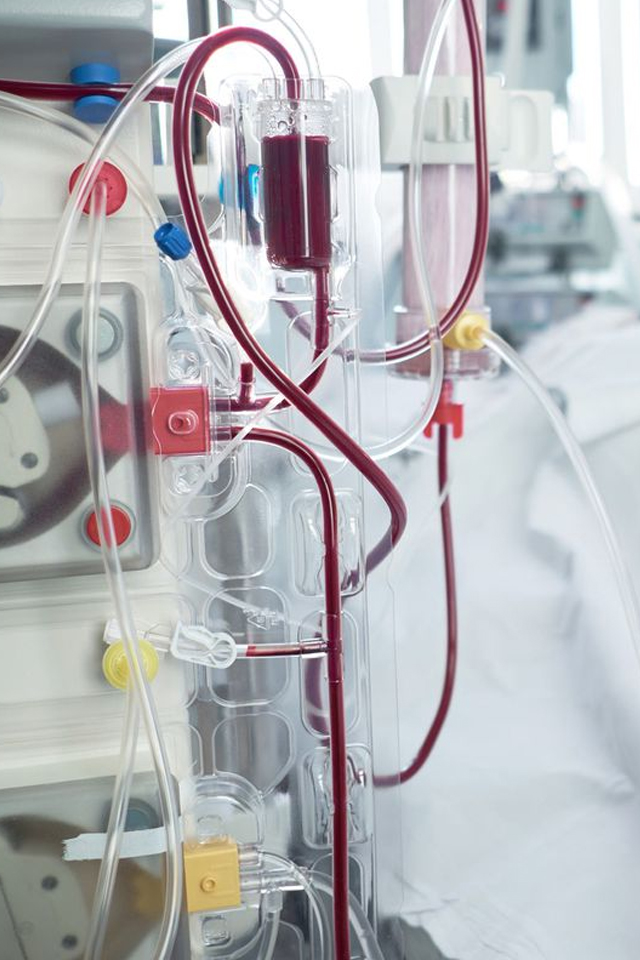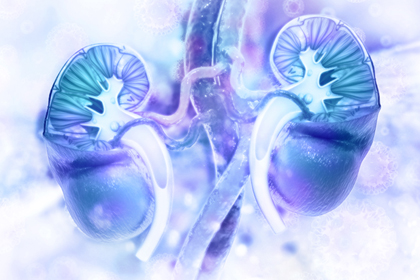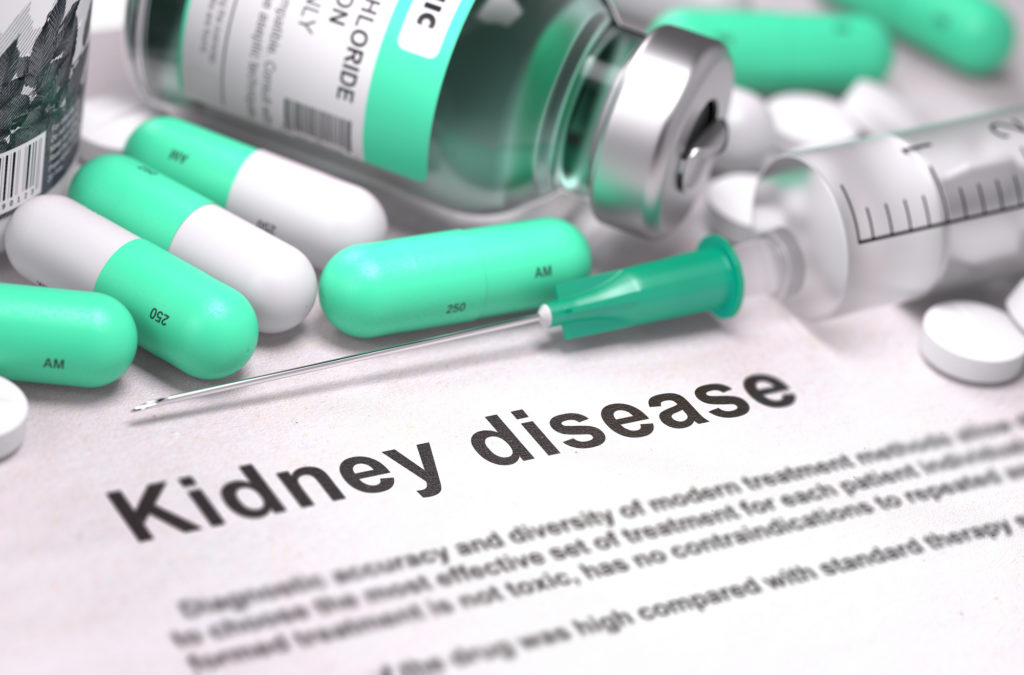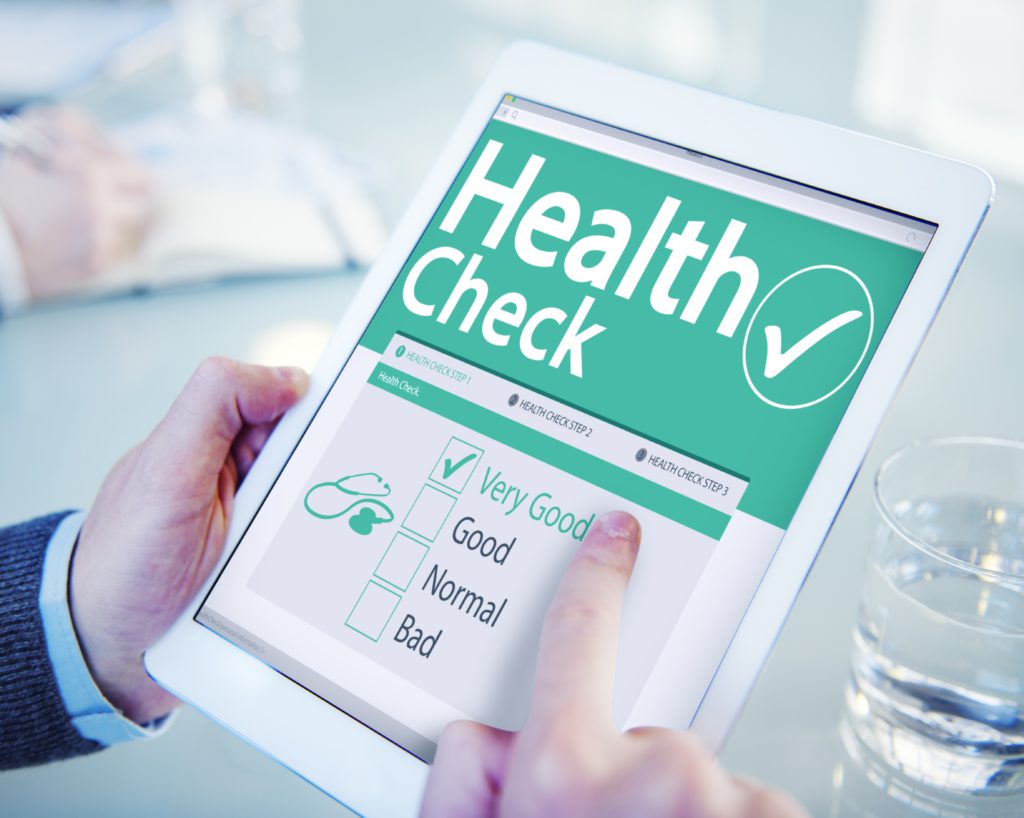Chronic Kidney Disease
The huge burden of potassium imbalance in CKD


Higher frequency of HyperK in CKD
40-50% of Chronic Kidney Disease (CKD) patients suffer from hyperkalemia compared to 2-3% in the general population2
Higher mortality risks in CKD
2-7 times higher than in the general population3
Immense expenses in CKD
Developed countries spend more than 2–3% of their health care budgets on End Stage Kidney Disease treatment therapy 4,5
- Weiner & Wingo. Hyperkalemia: a potential silent killer. J Am Soc Nephrol 9:1533-1543, 1998
- Kovesdy et al. Management of hyperkalaemia in chronic kidney disease. Nat Rev Nephrol. 2014 Sep 16.
- Collins AJ et al. Association of Serum Potassium With All-Cause Mortality in Patients With and Without Heart Failure, Chronic Kidney Disease, and/or Diabetes. Am J Nephrol. 2017;46:213-21
- WHO, Global burden of kidney disease
- Desai et al. The Economic Implications of Hyperkalemia in a Medicaid Managed Care Population. Am Health Drug Benefits. 2019;12(7):352-361
- Clase et al. Potassium homeostasis and management of dyskalemia in kidney disease: conclusions from a Kidney Disease: Improving Global Outcomes (KDIGO) Controversies Conference. Kidney Int (2020) 97, 42-61
- Epstein et al. Evaluation of the treatment gap between clinical guidelines and the utilization of renin-angiotension-aldosterone system inhibitors. Am J Manag Care. 2015: S212-20
Why is it a challenge to manage potassium in CKD patients?
Secondary effects of life-saving drugs
Dyskalemia occurs frequently in CKD patients as it is a common secondary effect of CKD medical treatment (RAASi, diuretics). While renin-angiotensin-aldosterone system inhibitors (RAASi) drugs are beneficial for these patients, they are also the most prominent cause of hyperkalemia2.


Impact of restrictive potassium diet
What are the consequences?
Drug under-dosed or discontinued
The Life-saving drugs RAASi are generally under-dosed or discontinued by physiscians because of fears for hyperkalemia.
Patients (%)
Patients' mortality (%)
Disease progression
Why is Potassium monitoring an immense unmet need ?
What clinicians would like?


.01
.02
.03
What do patients say about Potassium monitoring?
What if we could change CKD patient’s clinical outcome by improving potassium management ?
By allowing close monitoring of potassium by the patients at home CardioRenal strongly believes that it will help physicians to optimize drug treatment from remote and empower patients to better manage their own health.

